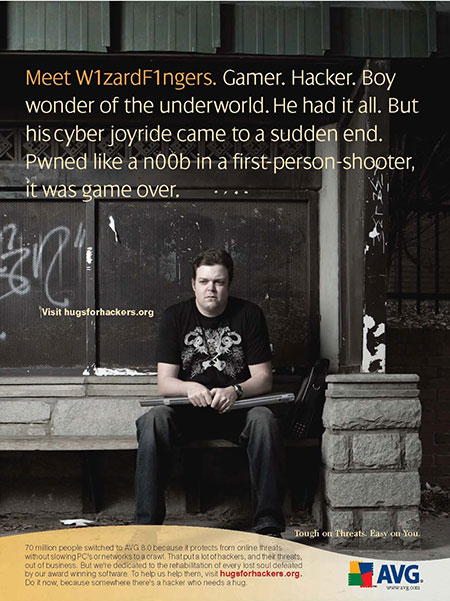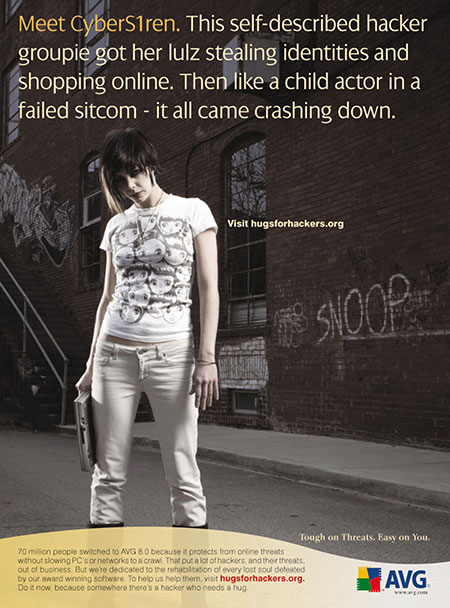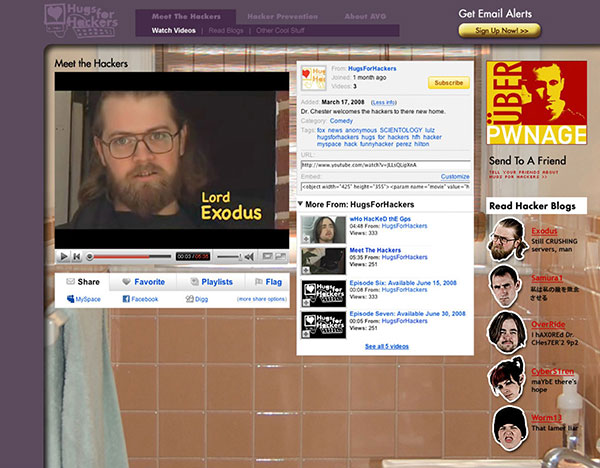
Aug
INTERVIEW WITH AN AMBITIOUS B2B MARKETER. VOLUME 1
Kathy Seegebrecht / Chief Marketing Officer, UL
Kathy is the Chief Marketing Officer of UL. In that capacity she manages the complete marketing function including brand strategy, marketing operations, demand generation, customer advocacy, global communication strategy, and sponsorship and partnerships. Kathy also serves as the chair of UL’s Global Marketing Council and sits on the Global Sales Council.
UL is a global, independent safety science company that fosters safe working and living environments.
Digitent: What role has ambition played in your journey to becoming a B2B marketing leader?
Kathy: I’m not one of those people who ever knew exactly what I wanted to do at a young age. I wasn’t really exposed to business at all because I grew up in a small, farm town. At around the age of 12, a mentor told me that I should go into marketing. At the time I didn’t even know what that meant. I have always been a really hard worker having grown up in a family with a modest income, where I paid for my own education, even in high school. It’s interesting, since I haven’t necessarily paired hard work and ambition together. In my experience, you work hard because you want to get somewhere. I work hard because that’s who I am, versus doing it because I have ambition.
As I further think about the question, there is a difference between being ambitious and having ambition. I think I’m a person who’s more ambitious versus having specific ambitions. For example, I’ve never really been one of those people who says I’m going to be a CEO and here are all the steps that I’m going to do to get there. I’ve never had an end game and I still don’t have one.
In terms of ambition within leadership, obviously a lot of it came from just getting it right the first time. When I first started at UL, I was so excited since it was like clay that could be molded into whatever you want. My ambition was to strategically build a modern marketing organization with new capabilities that we did not have. This would allow us to catapult the brand and the organization, and to find a really nice fit with the company’s mission. As an organization, we have ambitions to grow in new areas and we can do that by leveraging an expanded marketing team with more capability and new services.
Digitent: Do you believe ambition is teachable – what kind of traits do you look for or teach to your team to help them succeed?
Kathy: I think it’s teachable, but it definitely isn’t easy if you’re not naturally inclined to it. The best way to teach it is by setting an example of what ambition can do for you, how it works, and how it’s better than not being ambitious. While not everyone is ambitious, they can still be really great employees and they add value in different ways. Some people are really happy as individual contributors, while not innately ambitious to move up the corporate ladder, they can still be really solid and trustworthy employees.
I also believe that if every employee was extremely ambitious, it would create a competitive environment that might not be healthy. We all want our employees to do well, but we also have to find that balance of people that are solid doers who are always there for you, along with those people that are ambitious and continue to constantly do more and move up in the organization.
Digitent: What are the top ambitions of your B2B marketing organization?
Kathy: Our one overarching ambition is for us to have transformational impact for the business. What’s been really great is getting to discover what transformative impact really means for the many marketing sub-functions, from the brand to digital to communications and even to our CSR organization. We are constantly thinking of ways we can transform what we’re doing each and every day in the spirit of improvement. Achieving that transformative impact, is our primary ambition.
In a different light, ambition within our organization is achieved by clearly defining short and long-term goals. We can’t let ambition allow us to only articulate where we want to be in three to five years but we also identify more short-term goals from months to a year. That balance is important. A danger of being overly ambitious is losing sight of what needs to happen day to day to delight and retain customers. For example, for today we need to focus on the demand gen funnel, get leads and support the sales team however, in the long term our focus is on thought leadership, how the world is changing and how we’re going to change with it.
Digitent: Do you feel you are getting the most of your B2B marketing and sales technology solutions?
Kathy: No, definitely not. Like many organizations, as we bring in acquisitions, a variety of martech solutions come with them. The core of marketing systems includes both your CRM tool and marketing automation platform (MAP). We’re making really good progress in whittling down the number of CRM and MAP tools, and the number of instances for each. It can definitely be a hurdle to leverage all of that technology, and accurately utilize the data from disparate systems. For other aspects of the mar-tech stack such as SEO/SEM tools and Social listening tools, we are much better at really leveraging the technology.
We’re in the process of designing a new web platform. If you to our website today, it’s not the experience we’d like it to be. We’ll launch a completely new platform later this year, which has been two years in the making. We know what we need to get more out of our technology solutions; it’s a journey. I believe we have a good roadmap to get there in the next one to two years.
Digitent: Are there organizational challenges that keep you from achieving your ambitions?
Kathy: For us it’s really about getting alignment with the various business leaders to make sure that we’re working on the right things and supporting their business objectives. We have a matrix of regional and divisional leaders, so it takes a bit more work to get complete alignment. We also work hard to ensure that sales and marketing are in lock step. So, I wouldn’t say organizational challenges prevent us from achieving our ambitions, we just have to work a bit harder to navigate the waters and get there.





